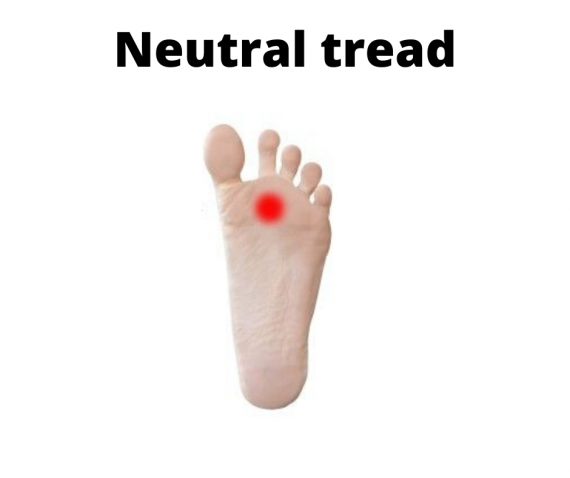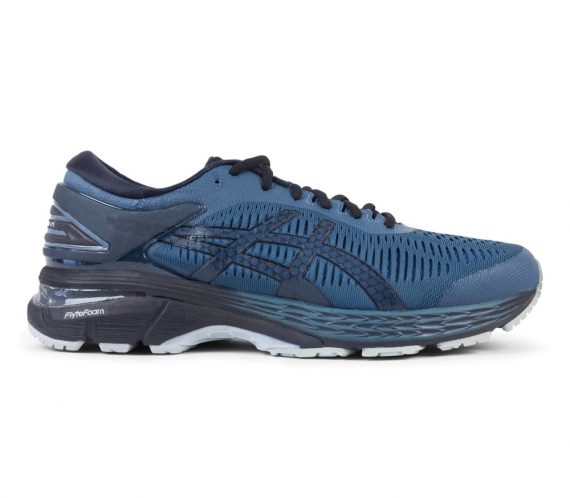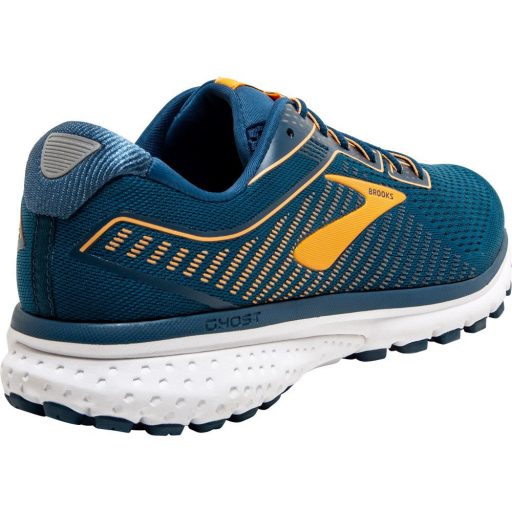When looking at the vast number of running shoes on the market, answering this question may seem to be almost impossible. Thousands of brands, different price tags, styles of training, different surface that you run on, all that should be taken into consideration when deciding for the best pair of running shoes. Last but not least, did you know that 60 % of running injuries are connected to errors in trainings and incorrect footwear respectively? The right selection of shoes is definitely at a place and thus, we will take a look briefly at most important attribute right here, right now. The pronation.

I have been running for the last 6 years since 2014. And all my observations are just a personal experience based on running and reviewing pairs of running shoes. I will go along what I do consider to be the most important to the less important. The decision in the end is your choice. 🙂
Pronation
You may hear about it between runners everywhere. In scientific articles, there have been many studies about its impact on injuries. The control for the right motion of your feet is very crucial. And sometimes, insufficient or excessive pronation can be potentially harmful. Therefore, we can differentiate between three types of running shoes, that solve pronation:
- Shoes solving overpronation
- Neutral shoes
- Shoes solving supination
Neutral running shoes

Openly saying, this is the most presented type of running shoes that you can come across on the market. Even though there are a lot of examples of shoes from the two other categories, still, neutral running shoes are the most used. Most importantly, they offer comfort to anyone who tends to to step on the middle of the ball of his/her feet. I would love to point out an example, but it is very hard to be objective in this case. For inspiration, take a look at our neutral running shoes category. There is a huge place to choose from. My favourites are Asics Gel-Pulse 11 or something classic from Nike, Pegasus 36 🙂 Almost every running company can make a good neutral pair of running shoes. The two other types of pronation, that’s already something else.
Shoes solving overpronation

I will start with an example this time. I loved the older version of Asics Gel-Kayano 25. It’s a great example of a stability shoe that’s hindering an overpronator to excessively pronate. What does it mean exactly? If you have fallen arches and flat feet, you will tend to step on the inner side of your balls. You can notice that your shoes are more used there than on the external side. What a stability shoe does is that it hinders this motion when your feet want to roll on the inner side and keeps it back in the neutral position. Asics Gel-Kayano 25 uses for that the heel collar, a strengthener that secures the neutral position. Of course, it is not just about this aspect but mostly, those shoes tend to be firmer, from harder material so that they keep your motion under control. Brooks Adrenaline GTS 20 is also a great example, using inserted GuideRails structure and helping to overpronators from pain.
Shoes solving supination

Those shoes, that solve this problem, are on the opposite site than those solving overpronation. They are constructed the way that they reduce the excessive pressure on the external side of the ball. And this is done by a higher layer of cushioning that spreads equally the impact over the whole surface of feet. A great example of a shoe that solves this troublesome problem is Brooks Ghost 12, Asics Gel-Contend 5 or for trail running the Asics Gel-Venture 6.
There are other aspects as well that we could have a discussion about but that would be for another article. Such as what running shoes to choose from in regard to running surface or overall interest of a runner. Still, pronation is the most important attribute and when picking up running shoes, it should be at the first place. The right choice of running shoes according to pronation may save you from injuries and make the purchase a worthwhile investment.
